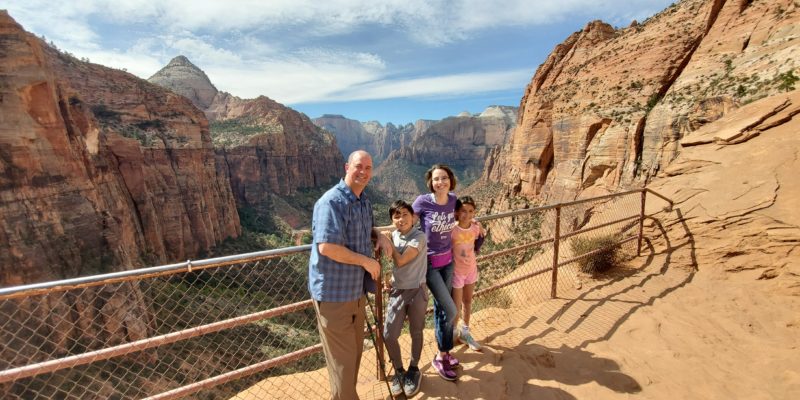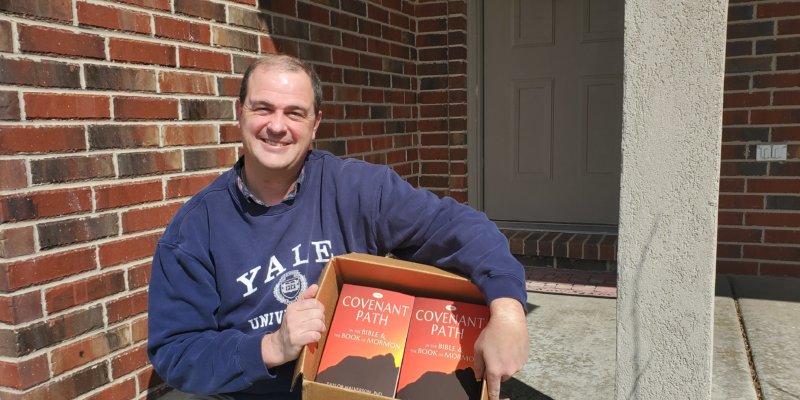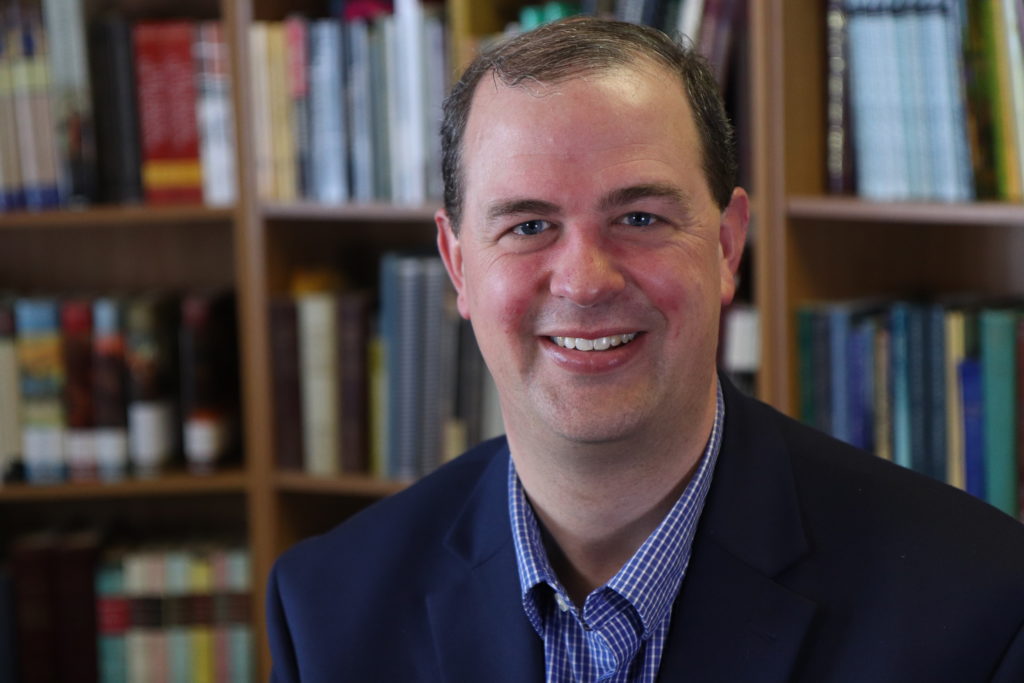Near the end of 2017 I wrote an article entitled Learning: No Greater Responsibility. As we embark on a new year of study and learning with the scriptures, with an added emphasis in the curriculum of empowering the agency of learners, I thought it would be valuable across several blog posts to recap some key ideas about what it means to be a responsible learner and to list some resources that can support responsible learning.
What does “Learning: No Greater Responsibility” mean?
For many years there has been persistent focus on great teaching. In fact, there is a beloved book named Teaching: No Greater Call. Much effort is put into teacher training. Many of us teach in a variety of callings and service opportunities. But what is often missed when we focus on teachers and teaching? Learners and learning. When we pay attention to teachers and teaching, we may forget about learners and learning. If instead we focus first on learners and learning, teachers and teaching follow. And learners must choose to be the drivers of learning.
The Relationship Between Learning and Teaching
Surprisingly, learners can learn without teachers but teachers cannot teach without learners. In the teaching and learning relationship, learners are indispensable while teachers are dispensable. Lest you think I’m advocating that we get rid of teachers, I’m not. Great teachers catalyze learning. Unfortunately, the educational systems of the world are primarily designed around the teacher at the front and center. Few educational systems and experiences that I’ve encountered are actually designed either by the learner or with the learner front and center. We need to re-engage the rules for learning, as I’ve shared elsewhere.
Learning is Agency
First, to learn is to act. To learn is to use agency. If we do not act, if we do not use our agency, we cannot learn. No one can act for us. No one can use our agency for us. We can only feed ourselves. Others can bring resources to us, but they cannot force us to eat. The same holds true in learning. Some teachers may know a lot, have incredible and wide-ranging experience, but if a learner is not willing to listen and apply themselves, they cannot learn.
Learning is Accessing the Atonement
Second, to learn is to access the atonement Jesus Christ. Where there is learning, there is the atonement. Where there is the atonement, there is learning.
Learning is to Become Like God
Third, to learn is to become like God, as I’ve written elsewhere, a truth I gained from my mentor Russ Osguthorpe, former General Sunday School President and former Director of the Brigham Young University Center for Teaching and Learning.
Characteristics of Responsible Learners
As learners, how do we take responsibility for our own learning? This is a short list of characteristics I believe are representative of responsible learners:
Learners wonder.
Learners ask questions.
Learners put things into context.
Learners do not jump to hasty conclusions.
Learners base their learning on evidence and experience.
Learners experiment.
Learners are willing to fail.
Learners are willing to collaborate with others.
Learners are willing to be patient.
Learners are humble.
Learners are willing to work hard to learn.
Learners are willing to delay instant gratification.
Learners love truth.
Learners embrace truth.
Learners serve others.
Learners help others to learn.
Learners share their learning.
Learners are more interested in the journey of becoming than in the accolades of position or title.
Learners are reflective.
Additional Resources to Encourage Responsibility for Your Own Learning
Join my newsletter and receive a free humorous eBook Memoirs of the Ward Rumor Control Coordinator is a light-hearted look at our beloved Mormon Church of Jesus Christ of Latter-day Saints culture. When you join my newsletter, it’s a bit like voting for Pedro. Your wildest dreams might come true!






